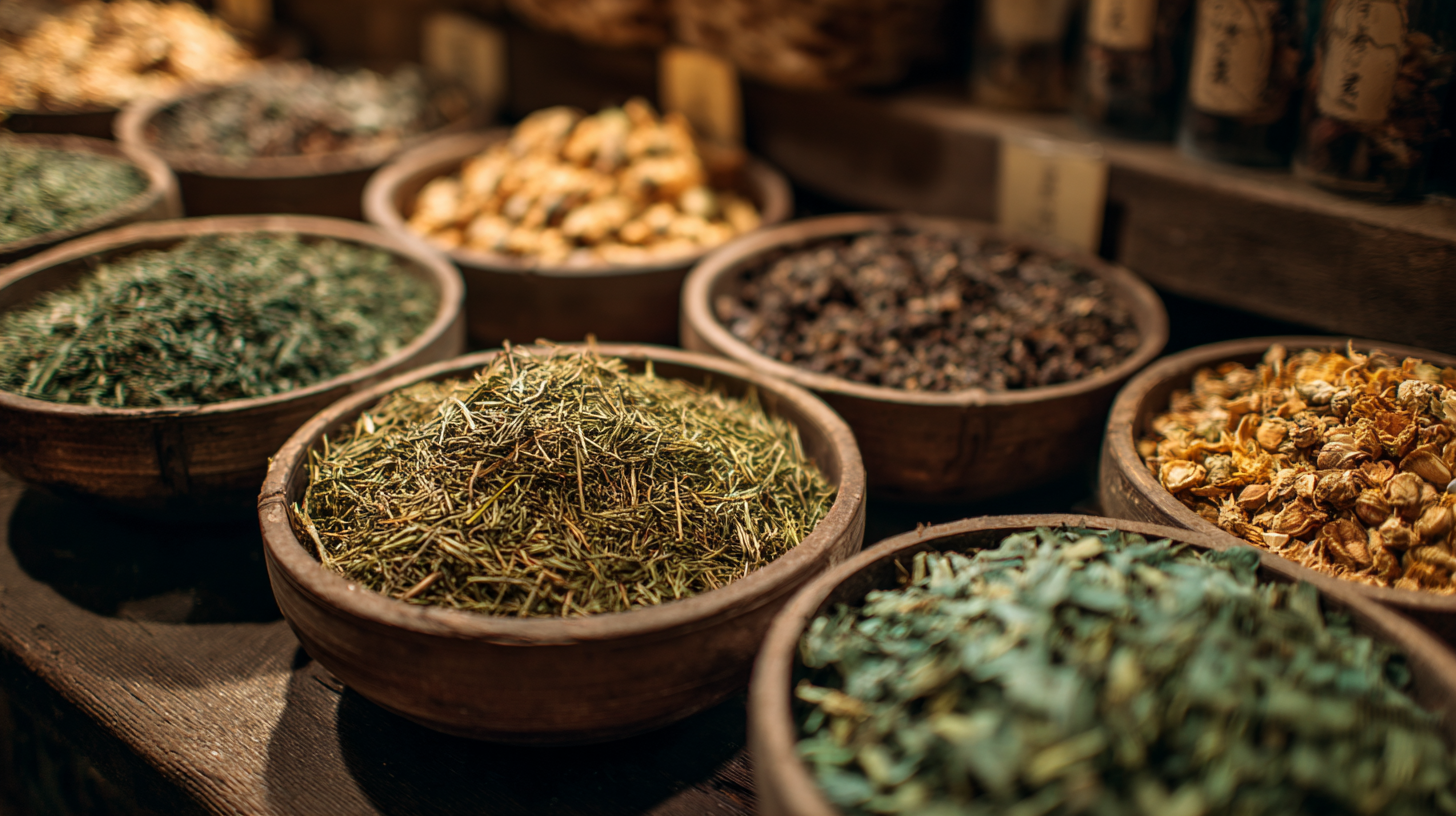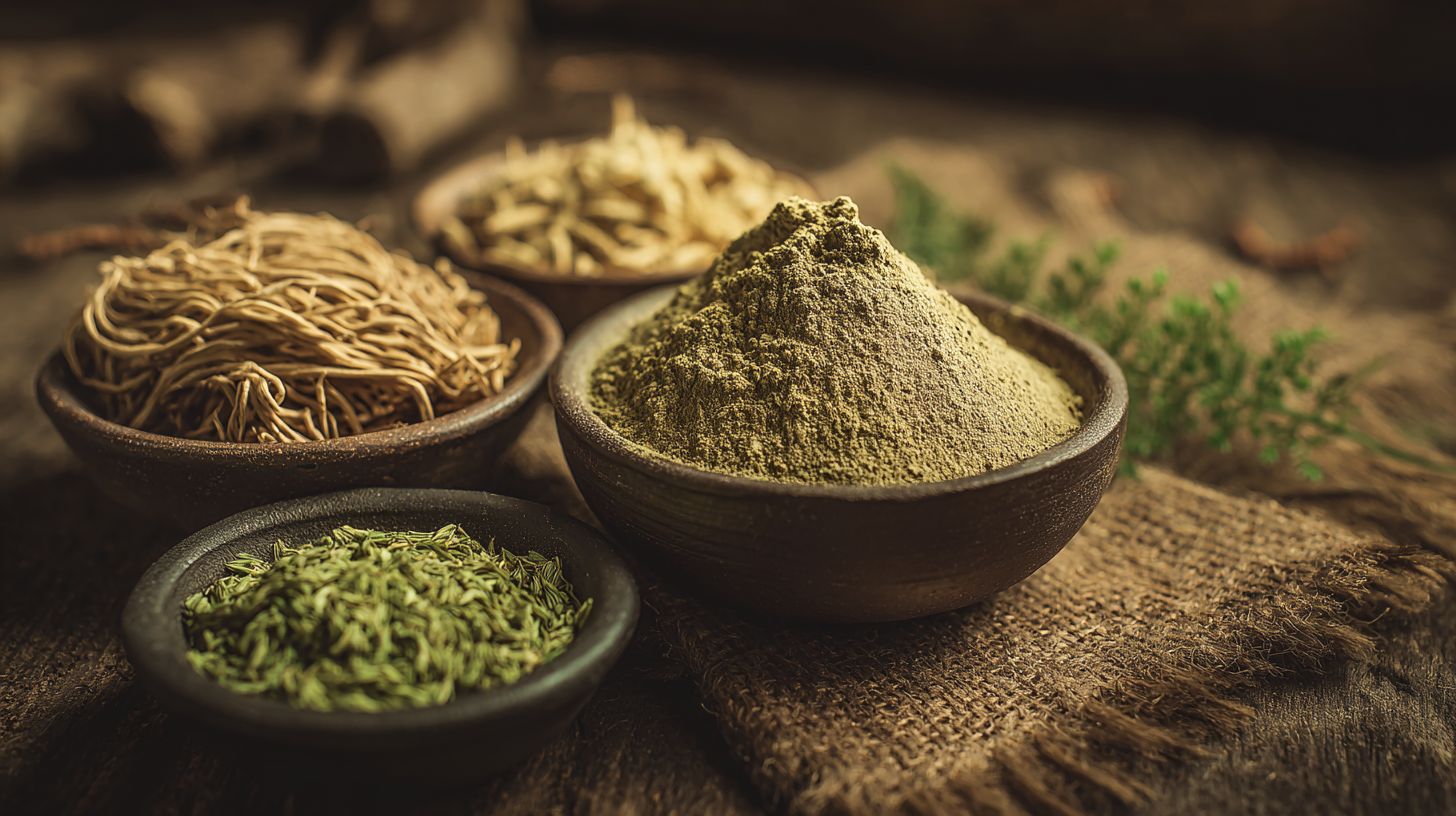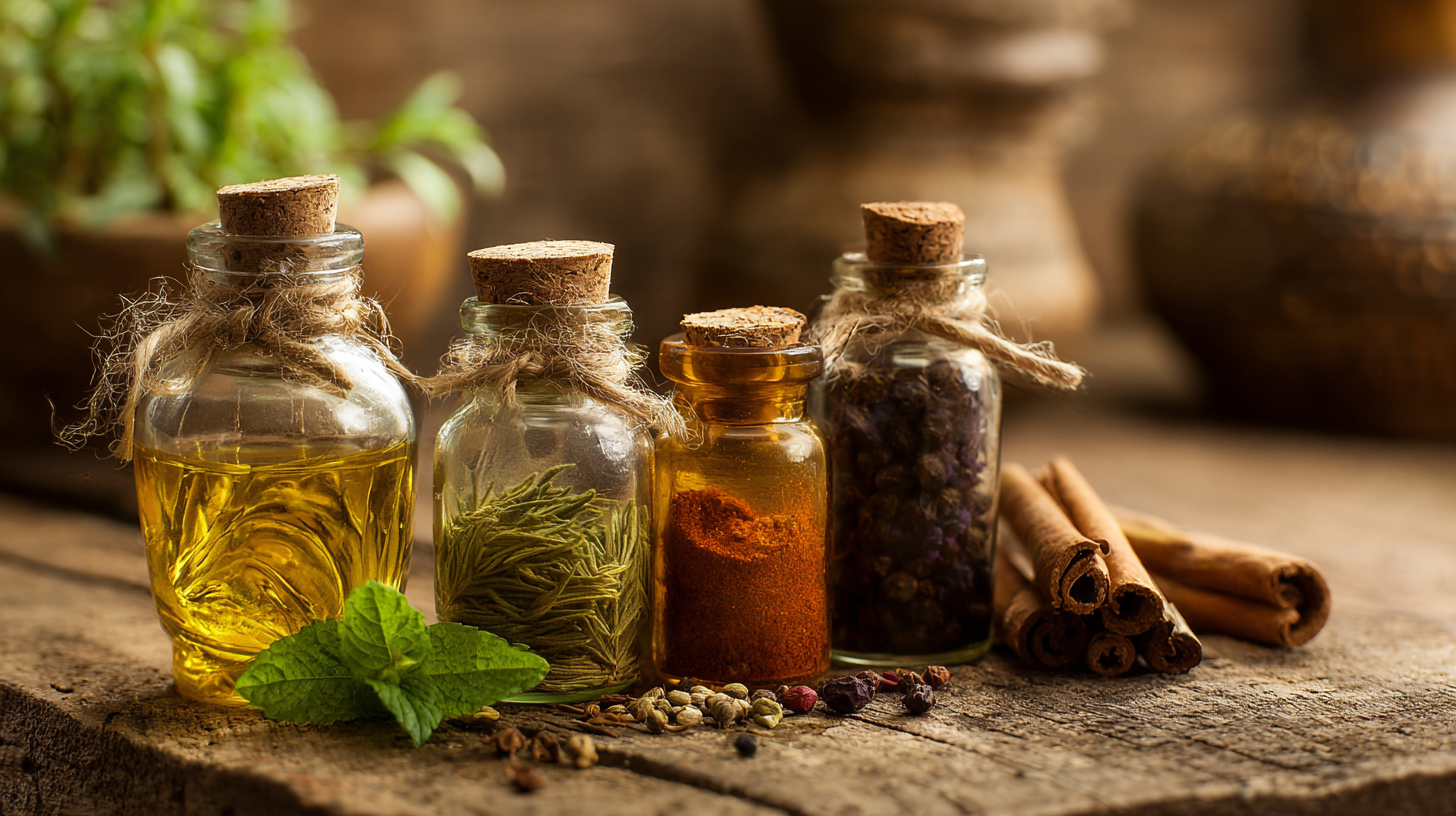50% Response rate
Navigating Issues with Selecting the Best Herbal Products for Your Needs
In recent years, the demand for Herbal Products has surged, with a report from Grand View Research estimating that the global herbal supplements market is projected to reach $400 billion by 2025. As consumers increasingly seek natural and alternative remedies, the selection of the right herbal products can be daunting. Many people desire to enhance their health and wellbeing through these offerings; however, navigating the complexities of product efficacy, quality, and sourcing can lead to confusion and misinformation. According to a study published in the Journal of Herbal Medicine, nearly 70% of individuals using herbal products were unaware of proper dosages or potential interactions with conventional medications. Thus, understanding the best strategies for selecting herbal products tailored to individual needs is essential for maximizing benefits while minimizing risks. This blog will explore the top strategies to make informed choices in the ever-expanding market of herbal products.

Understanding the Importance of Quality in Herbal Products
When it comes to herbal products, the importance of quality cannot be overstated. High-quality herbs have the potential to offer significant health benefits, while inferior products may not only be ineffective but could also pose health risks. Consumers should always look for herbs that are sourced from reputable suppliers, as the growth conditions and handling can greatly affect the potency and efficacy of the final product.
Tips for Ensuring Quality in Herbal Products:
1. Check for Certification: Look for products that are certified organic or have other quality assurances,
such as third-party testing. This can provide confidence in the purity and safety of the herbal product.
2. Research the Brand: Investigate the manufacturer’s reputation. Brands that are transparent about their
sourcing, testing, and production processes generally offer higher quality products.
3. Read Labels Carefully: Pay attention to the ingredients and any additional fillers or additives. Pure
herbal products should have minimal ingredients to ensure you are getting the most potent and effective formulations.
By prioritizing quality, you can make informed choices that align with your health goals, ultimately enhancing your overall well-being through the use of herbal products.
Key Factors to Consider When Selecting Herbal Remedies
When it comes to selecting the best herbal products for personal health needs, several key factors play a crucial role. According to a report by the American Herbal Products Association (AHPA), over 100 million Americans use herbal supplements, underscoring the importance of making informed choices.
Firstly, consumers should consider the source of the herbs. High-quality products often come from reputable companies that provide transparency about their sourcing and manufacturing processes. Look for suppliers who adhere to Good Manufacturing Practices (GMP) to ensure product safety and efficacy.
Additionally, the potency and formulation of herbal products are paramount. An analysis by the National Center for Complementary and Integrative Health (NCCIH) suggests that the active ingredients in herbal remedies can vary significantly between brands, affecting their effectiveness. Prospective users should check for standardized extracts that guarantee a consistent level of active compounds.
Furthermore, it is advisable to read third-party testing results and certifications, which can provide assurance of the herbal product’s quality and authenticity, ensuring that users are receiving precisely what they expect.
How to Identify Authentic Chinese Herbal Manufacturers
When it comes to selecting the best herbal products, authenticity plays a crucial role, especially in the realm of Chinese herbal medicines. To identify authentic Chinese herbal manufacturers, start by researching their reputation in the market. Look for companies that have established a solid presence and credibility over the years. Reviews and testimonials from previous customers can provide valuable insights into the quality and efficacy of their products.
Additionally, check if the manufacturers adhere to industry standards and certifications. Authentic manufacturers often comply with Good Manufacturing Practices (GMP) and possess certifications that demonstrate their commitment to quality and safety. It is also beneficial to inquire about the sourcing of their herbs; reputable companies will provide detailed information regarding the origin of their ingredients and their cultivation practices. Engaging with manufacturers directly can give you a sense of transparency and trustworthiness, which is essential when navigating the diverse landscape of herbal products.

Common Misconceptions About Herbal Products You Should Know
When it comes to herbal products, many consumers harbor misconceptions that can lead to poor choices. According to a 2020 report by the American Botanical Council, nearly 45% of adults believe that herbal products are safer than prescription medications, a belief that can contribute to unintended health risks. It's crucial to recognize that 'natural' does not always equate to 'safe.' Many herbs can interact with pharmaceuticals, potentially diminishing their effectiveness or causing adverse effects.
Another prevalent misconception is that herbal products are regulated with the same rigor as conventional medicines. The U.S. Food and Drug Administration (FDA) treats herbal supplements as food products rather than medications, leading to less stringent oversight. A study published in 2021 in the Journal of Herbal Medicine found that about 30-50% of herbal supplements contain ingredients not listed on the label, which poses a significant risk to consumers. Understanding these misconceptions is vital for making informed decisions about your health and choosing the right herbal products that meet your individual needs.
Navigating Issues with Selecting the Best Herbal Products for Your Needs
Tips for Ensuring Safety and Efficacy in Herbal Selection
When it comes to selecting herbal products, safety and efficacy should be your top priorities. Start by researching the herbs you are interested in and consult reputable sources or healthcare professionals. Look for clinical studies or scientific literature that support the claims made about the products you are considering. Understanding the traditional uses and potential side effects of each herb can also help you make informed decisions.

Another crucial aspect is to choose products from reputable brands. Check for third-party testing and certifications that ensure quality and purity. Reading customer reviews can provide additional insights into the product's effectiveness and the experiences of other users. Additionally, always pay attention to dosage recommendations and consider starting with lower doses to gauge your body’s response. By following these tips, you can confidently navigate the world of herbal products and find options that truly meet your needs.